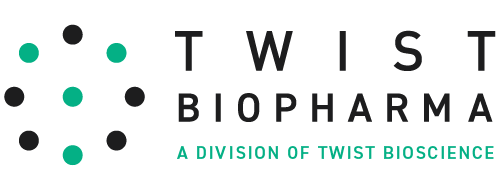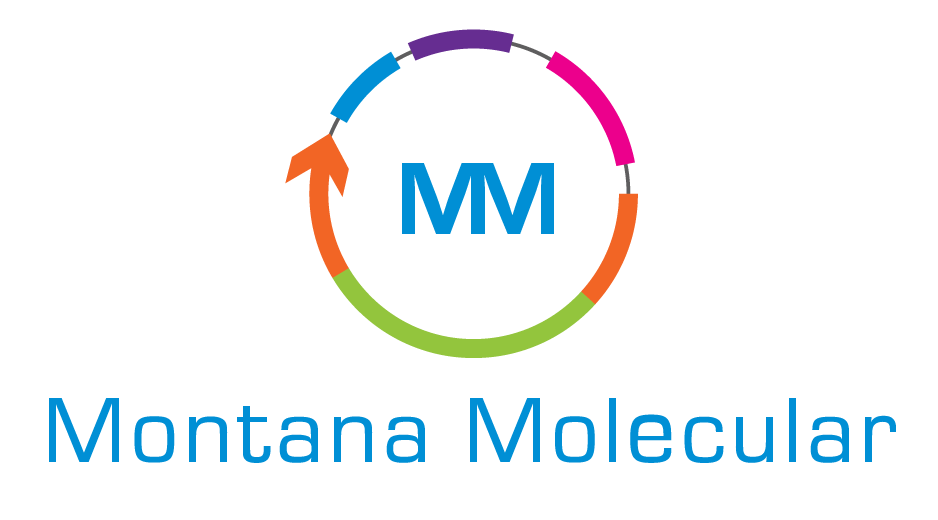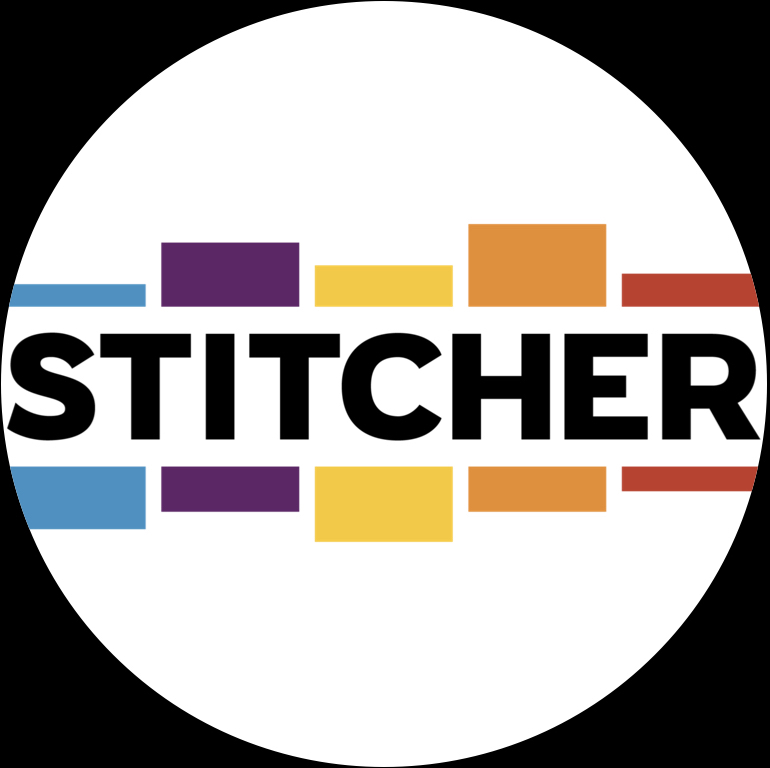Meet Dr. GPCR Summit Partners
Heat Shock Protein 90 is a Novel Opioid Receptor Signaling Regulator that can be Targeted to Improve Opioid Therapy
Monday, 09/13/ 2021 @ 5:00 PM - EST
- Dr. John Streicher -
- The University of Arizona -
- Tucson, Arizona, USA -
Abstract
Opioid drugs are irreplaceable for pain management but are plagued with numerous side effects. Efforts to manipulate the signal transduction cascades of the mu-opioid receptor (MOR) to boost pain relief and reduce side effects have shown promise, but are limited by a lack of knowledge about MOR signaling. We have thus engaged in a long-term investigation of the role of Heat shock protein 90 (Hsp90) in regulating MOR signaling.
We found that Hsp90 regulates MOR signaling differently in the brain vs. spinal cord so that Hsp90 inhibition in the brain blocks opioid pain relief while boosting pain relief when inhibited in the spinal cord. We have uncovered numerous details of this signaling, and identified active Hsp90 isoforms in the brain vs. spinal cord, and identified members of the signaling cascade, including ERK MAPK, GAT2, Src, PKC, and others.
We have also found a method to target spinal Hsp90 isoforms to boost opioid pain relief while reducing side effects using isoform-selective inhibitors. These studies have thus identified a translationally relevant and novel opioid signal transduction cascade that can be manipulated to improve opioid therapy.
About Dr. John Streicher
Dr. John Streicher earned his Ph.D. from UCLA in 2009, in the lab of Dr. Yibin Wang, where he studied the signal transduction cascades linking heart stress to heart failure. He then went on to a postdoctoral fellowship with Dr. Laura Bohn at Scripps-Florida, where he studied biased signaling at the opioid receptors.
In 2012, he joined the faculty at the University of New England, where he combined the threads of his training into a research program focused on the signal transduction cascades of the opioid, cannabinoid, and other brain-relevant receptors, mostly in the context of pain. He joined the faculty of the University of Arizona in 2015, where he continues his work today.




























